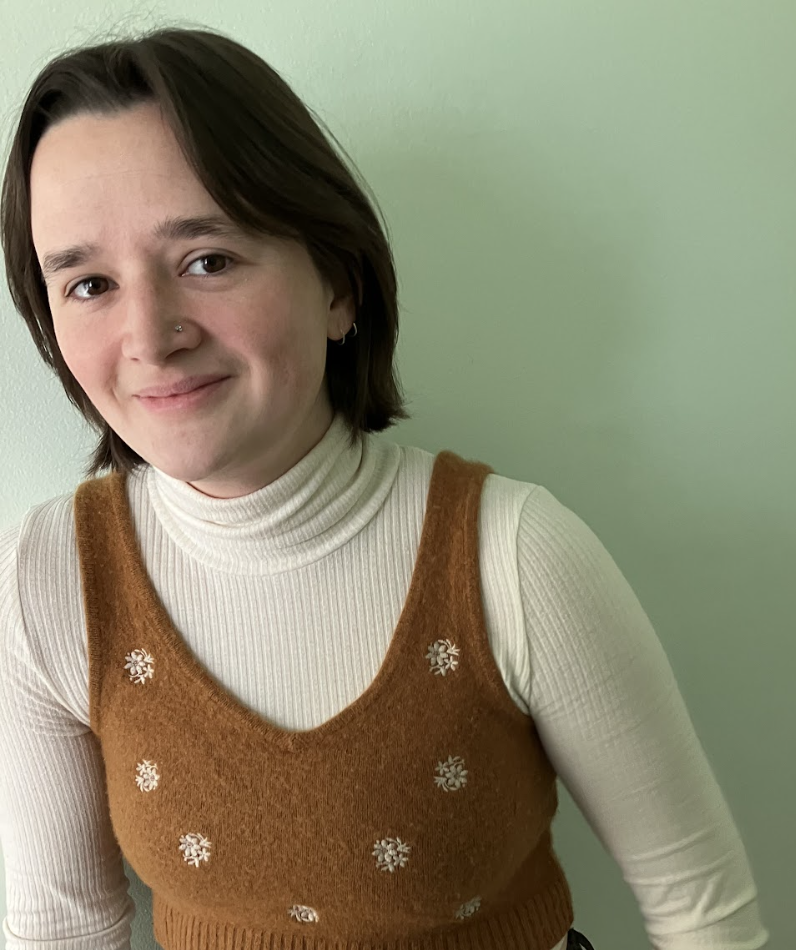
Melissa (Lissa) Surrette is a PhD candidate in the Department of Curriculum and Instruction in the College of Education and Human Development at the University of Minnesota. Melissa engages multiple feminist theoretical frameworks in her research related to teaching, teacher education, and unschooling. In particular, Melissa is interested in the intersection of gender, class and labor, learning, child care, and childrearing. In addition to her research, Melissa engages in social justice work and organizing in the Twin Cities.

Dr. Keitha-Gail Martin-Kerr is the Associate Chair and an Associate Teaching Professor in the Department of Curriculum and Instruction in the College of Education and Human Development at the University of Minnesota. Dr. Martin-Kerr teaches in/pre-service teachers courses on evidence-based pedagogy and research methodology, specifically critical discourse analysis and collective memory-work. She is grateful to the Universe for being her North Star and guiding light as she traverses the earth with her multiple identities that have been historically disenfranchised and marginalized. With daily effort, she tries to align her mind, body, and spirit with her purpose and passions to live a life of peace and contentment. Embodying an equity mindset, she coaches school leaders in racial justice and cultural competencies. Dr. Martin-Kerr enjoys engaging in intellectually stimulating conversations around issues related to equity, social justice, and educational inclusivity.
Collective Memory Work and Emergent Strategy: From Reconstruction toward Emergence
In this session, we will share our process with CMW and our motivations for moving away from (re)construction towards emergence in our analysis and findings. Adrienne maree brown (2017) writes, “emergent strategies let us practice in every possible way, the world we want to see” (p. 23). We lean heavily on the six emergent strategies that brown (2017) outlined: 1) mycelium tenets are related to interconnectedness, remediation, and detoxification, 2) ants rely on cooperative and collective work, 3) ferns use similar successful systems to build at all scales 4) wavicles value both process and outcome, 5) starlings use collective leadership and partnership, and 6) dandelions are resilient and values decentralization. Constructions are stable, but we–those who engage in CMW–are not stable. We are in process. We are emerging.
What is required of CMW? In answering this question, Boggs suggests, “…we are required to create new ideas that make more concrete and more universal our concept of what it means to be free” (2012, p. 58). This session provides an opportunity for practitioners of CMW to engage in critical connection in imagining what opens up when we move from (post-)structural toward emergent theoretical commitments.